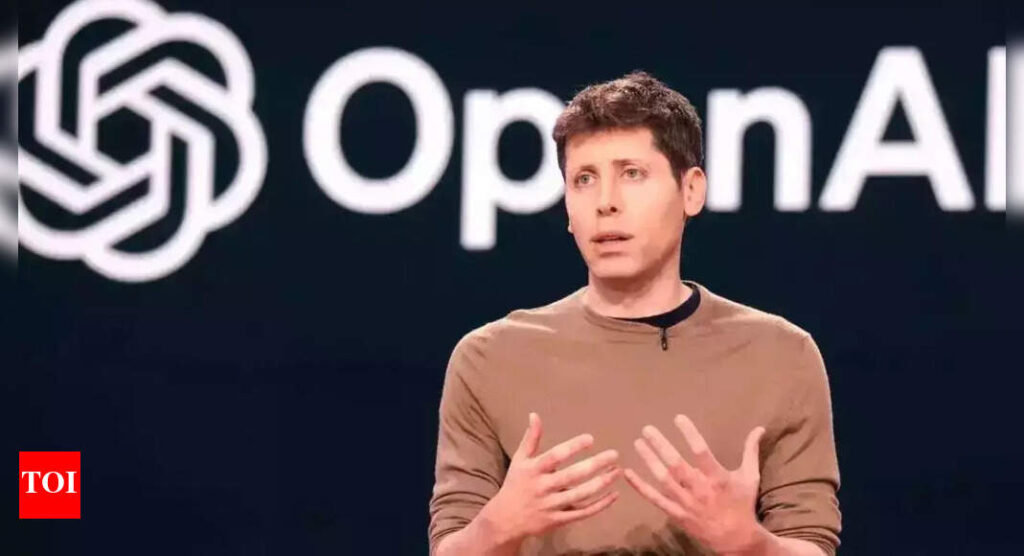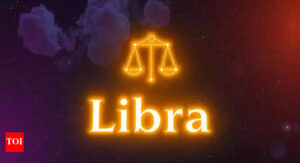Think before you ask: Why ChatGPT legal queries can be used against you as court evidence | World News

ChatGPT may be quick and convenient, but using it for legal questions could backfire in serious ways. Many users aren’t aware that anything they type into the chatbot, even deleted messages, can be retained and used as evidence in legal proceedings. Unlike lawyers, AI tools are not bound by confidentiality or ethical obligations. This means that sharing sensitive legal concerns with a chatbot doesn’t just offer unreliable advice; it may also create a discoverable digital trail. Before you confide in AI, it is important to understand the risks and why human legal counsel is still essential.
Your ChatGPT conversations are not legally confidential
In a recent appearance on the This Past Weekend podcast hosted by comedian Theo Von, OpenAI CEO Sam Altman made a candid admission: conversations with ChatGPT are not protected under any kind of legal privilege. “Right now, if you talk to a therapist or a lawyer or a doctor, there’s legal privilege for it,” Altman explained. “There’s doctor-patient confidentiality, there’s legal confidentiality. And we haven’t figured that out yet for when you talk to ChatGPT.” This means if you type out a sensitive legal scenario, say, describing an incident that might amount to a crime or seeking strategic legal advice, that chat can potentially be disclosed in court. According to Altman, OpenAI could be legally compelled to hand over your conversations, even if they’ve been deleted.The consequences of this are serious. Legal experts like Jessee Bundy from Creative Counsel have warned users not to mistake AI for actual legal representation. “If you’re pasting in contracts, asking legal questions, or asking [the chatbot] for strategy, you’re not getting legal advice,” Jessee E. Bundy posted on X (formerly Twitter). “You’re generating discoverable evidence. No attorney-client privilege. No confidentiality. No ethical duty. No one to protect you.” She added that ChatGPT may feel private and helpful, but unlike a licensed attorney, it has no legal obligation to act in your best interest, and it can’t be held accountable for any incorrect advice it generates.
AI-Generated legal advice isn’t actually legal advice
When Malte Landwehr, CEO of an AI company, suggested that ChatGPT could still provide useful legal input even if it’s not confidential, Bundy strongly pushed back.“ChatGPT can’t give you legal advice,” she replied. “Legal advice comes from a licensed professional who understands your specific facts, goals, risks, and jurisdiction. And is accountable for it. ChatGPT is a language model. It generates words that sound right based on patterns, but it doesn’t know your situation, and it’s not responsible if it’s wrong.” Calling it “legal Mad Libs,” Bundy stressed that relying on ChatGPT for legal issues is both risky and potentially self-incriminating.
Deleted chats with AI aren’t safe from legal scrutiny
User conversations with AI chatbots, including those that have been deleted, may still be stored and subject to disclosure in legal proceedings. As highlighted by ongoing litigation, some companies are required to retain chat records, which could be subpoenaed in court. This includes potentially sensitive or personal exchanges.At present, there is no legal obligation for AI platforms to treat user chats as confidential in the same way communications with a lawyer or therapist are protected. Until laws are updated to account for AI interactions, users should be aware that anything typed into a chatbot could, in some cases, be used as evidence.
Why it’s best to speak with a human lawyer instead of ChatGPT
For legal concerns, whether it’s about a contract, criminal matter, or a rights dispute, it’s essential to consult a licensed professional. Unlike AI, lawyers are bound by strict confidentiality, legal privilege, and ethical duties. AI-generated responses may feel private and helpful, but they are not protected, verified, or accountable. While it may be tempting to turn to AI for convenience, doing so for legal issues could expose you to unnecessary risk.As artificial intelligence becomes more common in everyday use, it’s important to recognise its limitations, especially in areas involving legal or personal stakes. Conversations with AI are not protected under legal privilege, and in the eyes of the law, they can be accessed like any other form of communication. Until privacy and legal frameworks are in place for AI, it’s safest to avoid using chatbots for legal questions. For advice you can trust and that will remain confidential, always consult a qualified legal professional.Also Read: Microsoft reveals AI chatbots are rapidly impacting 40 jobs like writers, translators and more; is yours on the list








